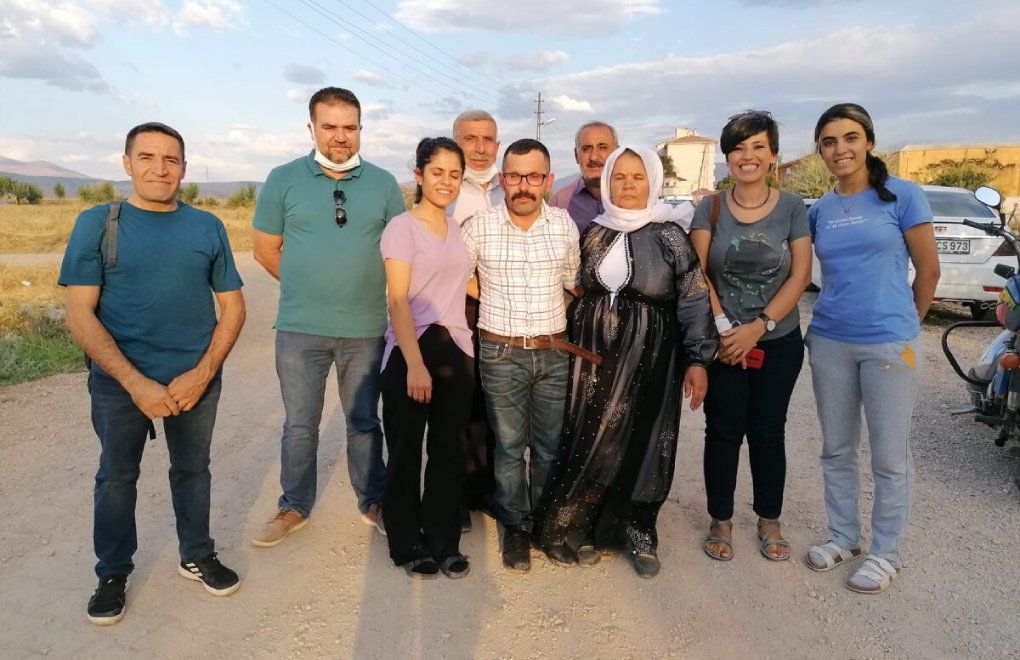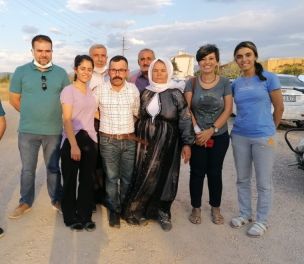Click to read the article in Turkish
The Constitutional Court has handed down its ruling regarding the application of journalist Mehmet Güleş, a reporter for the Dicle News Agency (DİHA), which was closed by a Statutory Decree. The top court has concluded that Mehmet Güleş's rights were not violated.
With his news and social media posts cited as criminal evidence, Güleş spent 6 months, 3 days behind bars. He applied to the Constitutional Court as "his freedom of expression was violated." However, the top court has found his application inadmissible. The Constitutional Court has pronounced its ruling some four years after the application was made.
According to the Constitutional Court, there was no interference with Güleş's fundamental rights and freedoms guaranteed by the Constitution.
Güleş was sentenced to 9 years, 4 months, 15 days in prison for "propagandizing for a terrorist organization" and "membership of the organization". He was released from prison in August 2021.
Rejecting his application regarding the charge of "terror propaganda" as it was repetitive, the top court has found the application regarding "organization membership" inadmissible as it was ill-founded.
What happened?
While Mehmet Güleş was a reporter for the Dicle News Agency (DİHA), he went to the Elazığ Courthouse for news follow-up in December 2016. He was detained there and arrested by the court.
Indicted, Güleş faced charges over the news he reported, the phone calls he made with his news sources and the social media messages he posted. Among the 'criminal evidence' added to the indictment was a picture of him in traditional Kurdish clothes called "şal û şepik".
Mehmet Güleş stood trial on charges of "propagandizing for a terrorist organization" and "membership of the organization". When the trial ended, he was sentenced to 3 years, 1 month, 15 days in prison for "terror propaganda" and 6 years, 3 months for "organization membership".
The appeals court upheld the prison sentences. In October 2018, the Court of Cassation upheld Güleş's sentence for "organization membership" while it did not hand down a judgment regarding his prison sentence for "terror propaganda" as it was less than five years.
With a legal amendment introduced as part of the Judicial Reform in 2019, it has become possible to apply to the Court of Cassation for prison terms shorter than five years. Accordingly, Güleş appealed to the Court of Cassation against his prison sentence for "propagandizing for a terrorist organization". The Court has not yet handed down its ruling.
In 2018, when he was still arrested, Güleş made an individual application to the Constitutional Court on the grounds that "his freedom of expression was violated." As the execution of his prison sentence of 6 years, 3 months for "organization membership" was completed, he was released from the Karakoçan Type T Prison on August 13, 2021. (HA/SD)






